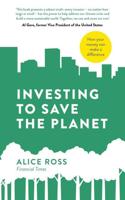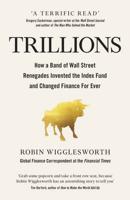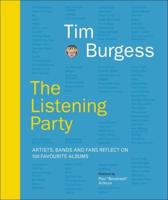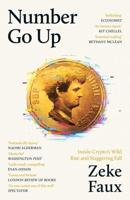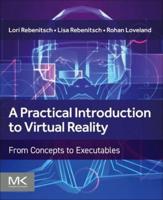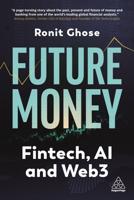Publisher's Synopsis
It uncovers the hidden keys behind the construction of ideological narratives that seek to dominate our digital age on the field of cultural battle. This is the narrative of seduction, a terrain where fiction has a transformative power, shaping our perception of the environment and of reality itself. The massive and rapid expansion of content platforms to all corners of the world has generated what we could call a social "Netflixisation". This implies that the fictional narrative is so internalised in our everyday lives that it comes to dominate our language and, consequently, distorts our perception of reality, creating a kind of false reality. The power of the narrative has become a dominant force shaping the lives of citizens. Through carefully constructed narratives, needs, ideas, behaviours and actions are imposed, leading to a fictitious and superficial illusion. In this scenario, individuals feel understood and consequently experience a sense of happiness, however fleeting. In the age of woke culture, the power of discourse has emerged as the dominant language that permeates all spheres of everyday life: from the political, institutional and cultural, to the business, media and social, in both public and private spaces of Western civilisation. The strategy is clear: to generate a hegemonic, hypnotic, magical and emotional discourse that can dominate the masses in the age of global communication. But how is such a discourse constructed? Luis María breaks it down meticulously, analysing each part of the most common scenarios, and shows us where the messages come from so that we end up internalising them as our own ideas. In the world of ideological communication, success belongs to the one who tells the most captivating story, and victory goes to the one who masters the narrative with mastery. We are in the age of fictional storytelling, where some succeed while others are relegated to failure.

